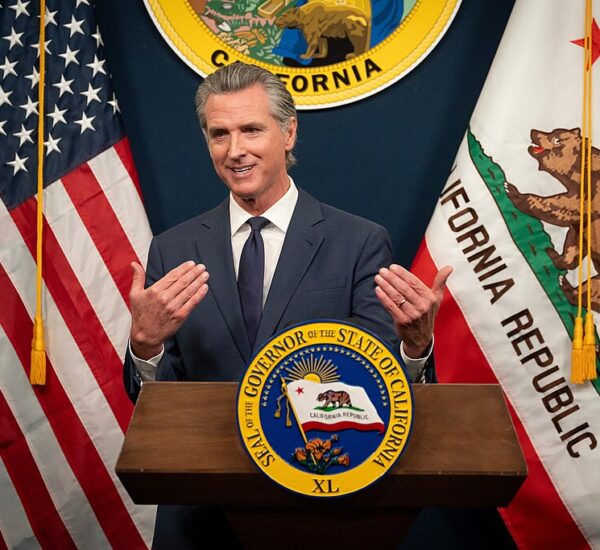Supreme Court Green Lights New Plan
In a major win for parental rights and online child protection, the U.S. Supreme Court on Thursday refused to halt Mississippi’s new law requiring age verification for social media accounts — despite intense lobbying from Big Tech giants like Facebook, YouTube, and Instagram.
The law is designed to shield children from online predators, sexual exploitation, human trafficking, and the mental health crisis fueled by social media addiction. Mississippi Attorney General Lynn Fitch praised the decision, calling it “a vital step to keep our kids safe from the dangerous corners of the internet.”
Big Tech Fights Back
The powerful tech lobbying group NetChoice — representing companies such as Google, Meta, X, and Snapchat — has been suing states across America to block similar laws. They claim these safeguards violate the First Amendment and “privacy rights,” but critics say their real goal is to protect profits, not children.
Justice Brett Kavanaugh noted that NetChoice may eventually win on constitutional grounds, but the Court saw no reason to block the law while the legal battle continues. There were no noted dissents in the ruling.
The Stakes Are National
Parents nationwide are alarmed by studies linking heavy social media use among minors to depression, anxiety, self-harm, and suicidal thoughts. Lawmakers in Arkansas, Florida, Georgia, Ohio, and Utah have passed similar protections — sparking a wave of lawsuits from the tech industry.
Mississippi’s 2024 law is one of the strictest, requiring verified proof of age before minors can create accounts. Supporters say it’s common-sense legislation to stop strangers from grooming children online.
A Wake-Up Call for America
“This fight is about more than Mississippi,” Fitch warned. “It’s about whether states can protect our kids when Washington won’t stand up to Silicon Valley.”
For now, the ruling allows Mississippi to enforce the law, marking a significant step in the growing movement to hold Big Tech accountable and defend America’s children from the dangers of unfiltered online access.






